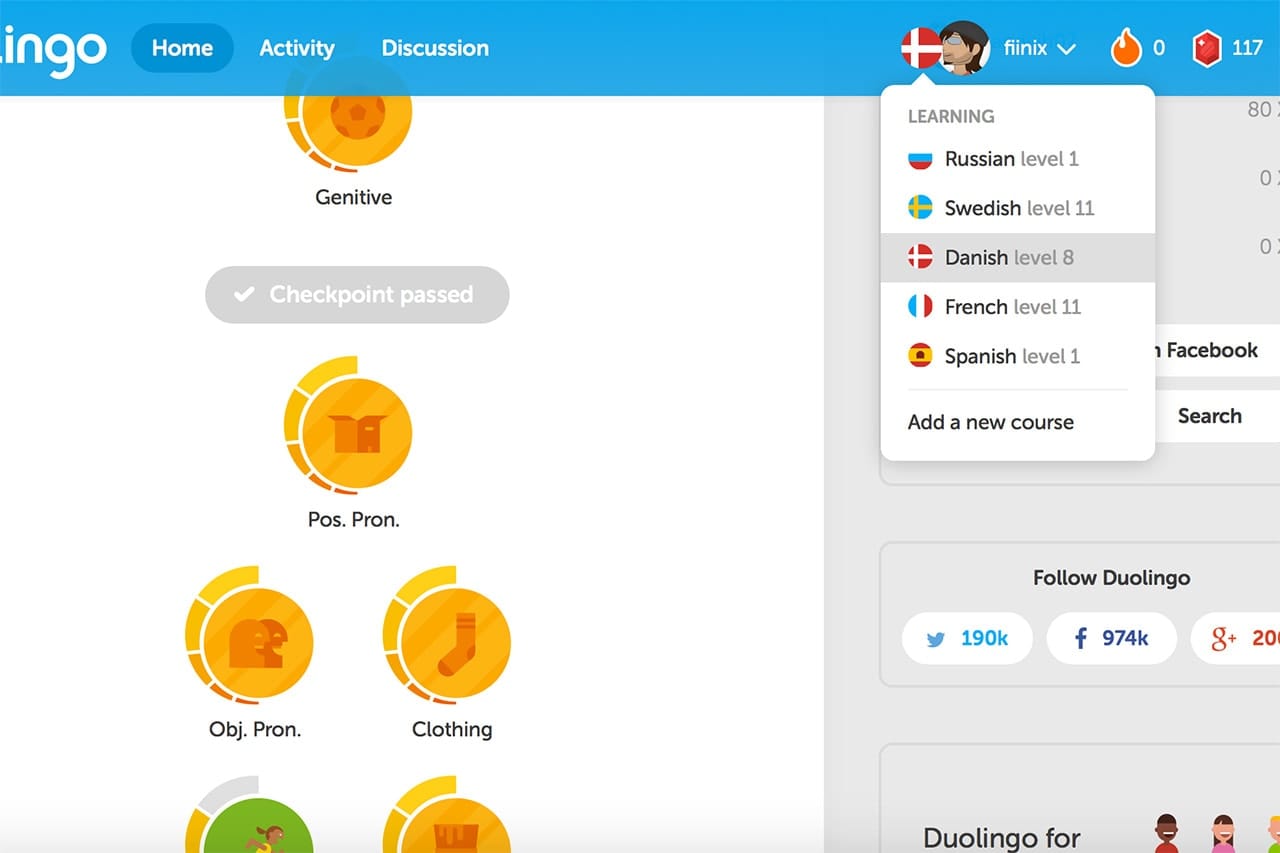Here’s something many people don’t know; My internal monologue speaks English.
I think almost exclusively in English.
Sometimes I’ll switch over to Swedish or Finnish just to see if I still can and when the conclusion is, “Yes, apparently,” then I’ll switch back again.
Now I don’t mean to brag at all, this is something I’ve been doing since I was around 14–15 years old.
I’m not entirely sure why it happened.
Some people claim English is a very expressive language because it borrows from other languages, getting most of its words from the concurring Romans, Anglo-Saxons, Vikings and Normans.
Vikings alone have contributed with words like; ugly, window, knife, husband and cake.
But to suggest that English is expressive and other languages are not,is unfair against for example Swedish which has the wonderful word, skadeglädje, a word which has no equivalent in the English language.
Skadeglädje, meaning to derive pleasure and enjoyment from the the misfortune of others.
Which, having met the British, I think it’s a word they would have great use for.
But it seems to surprise people when I tell them I think in English. I suppose it’s strange for someone to use a secondary language as their internal monologue.
But the thing to keep in mind here is that it’s not like I’ve abandoned my native language.
In trying to learn French I found myself doing the same thing.
I’ll have pretend dialogues in French, trying with the little I know so far, to string together coherent sentences. It doesn’t go very well and I often find myself lacking the words I need but I can always look them up online afterwards.
I think, it’s because I can process so much more information when it doesn’t have to go through my Broca’s area; a region in the frontal lobe of the dominant hemisphere linked to speech production.

Speaking of learning languages, I should probably tell you how learning Danish has been going. Seeing as it was last month’s challenge and all.
Am I fluent in Danish?
Well, not quite. In fact, of all the challenges this is probably the one I’ve failed at the hardest. Out of 30 days, I’ve done 14 days of Danish, at most.
But I discovered something in the process. Something I have suspected but never confirmed until now. Something I imagine many other Scandinavian people suspect as well.
In Duolingo you can, “test out,” any language you feel proficient in which will then grade you and automatically unlock lessons you normally would have had to work through manually.
Starting out my first Danish lesson I thought it would be fun to see how well I could perform, thinking realistically that I wouldn’t get very far at all.
Colour me red and white, when to my surprise I managed to get to level 6 in a single test.
Swedish is more transferable than I had imagined.
Speaking one Scandinavian language makes it a lot easier to pick up another one.
In the end, after 14 out of 30 days of learning Danish I can conclude that there are many completely new words in the Danish language for which I have no frame of reference. But there’s also so many which I can easily guess right away.
And whilst I don’t consider myself to know Danish, I at least have a foundation for learning it more.
Is there anyone else out there whose internal monologue speaks in a foreign language?